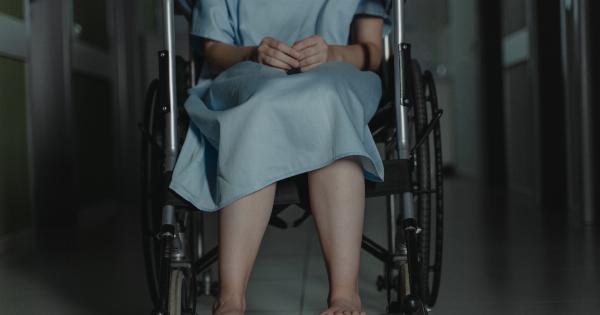Did you know that 1 out of 7 people are affected by a particular disease which is becoming more common day by day?.
This disease is called depression. Yes, you read it right. Depression is a mental health condition that is affecting millions of people worldwide.
It’s not just a feeling of sadness or unhappiness, but a serious medical condition that can severely impact your daily life and wellbeing.
What is depression?
Depression is a mental health condition that causes feelings of sadness, hopelessness, and loss of interest in activities that were once enjoyed. It can affect anyone, regardless of age, gender, or social background.
Depression is a common and serious medical illness that negatively affects how you feel, the way you think, and how you act.
Depression can be caused by a combination of genetic, biological, environmental, and psychological factors. Some of the common causes of depression include:.
- Family history of depression
- Brain chemistry imbalances
- Stressful life events such as job loss, divorce, or the death of a loved one
- Chronic illnesses such as cancer, heart disease, or diabetes
- Drug or alcohol abuse
What are the symptoms of depression?
Depression can manifest itself in different ways, but some of the most common symptoms include:.
- Feelings of sadness, emptiness, or hopelessness
- Loss of interest in activities that were once enjoyed
- Changes in appetite and weight
- Difficulty sleeping or oversleeping
- Fatigue or lack of energy
- Feelings of guilt or worthlessness
- Difficulty concentrating or making decisions
- Thoughts of death or suicide
If you experience any of these symptoms for more than two weeks, it’s important to seek help from a healthcare professional.
How is depression treated?
The good news is that depression is treatable, but it requires a comprehensive approach. The most common treatments for depression include:.
- Medication: Antidepressant medications can help alleviate symptoms of depression by balancing brain chemistry.
- Psychotherapy: Also known as talk therapy, psychotherapy helps you identify negative thought patterns and behaviors and replaces them with positive ones.
- Depression support groups: Joining a support group with others who are experiencing similar depression symptoms can be helpful.
- Self-care: Engaging in activities that promote emotional and physical wellness, such as exercise, healthy eating, and stress relief practices, can help alleviate depression symptoms.
Preventing Depression
While it is not always possible to prevent depression, there are several steps you can take to help reduce the risk of developing depression:.
- Eat a healthy diet and get regular exercise
- Get enough sleep
- Find ways to manage stress such as practicing relaxation techniques
- Try to maintain a positive outlook on life
- Stay connected with friends and family
- Limit alcohol and drug use
Conclusion
Depression is a serious illness that affects millions of people around the world, and it’s important to understand that it’s not a personal weakness or a character flaw. It’s a medical condition that requires proper treatment.
If you or someone you know is struggling with depression, don’t hesitate to seek help.
By taking care of your mind and body, and seeking help when needed, you can overcome depression and lead a fulfilling life.





























